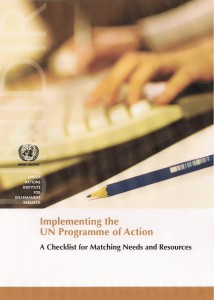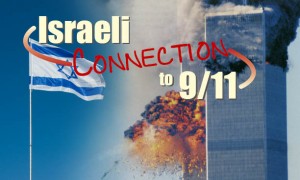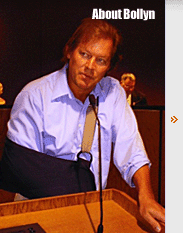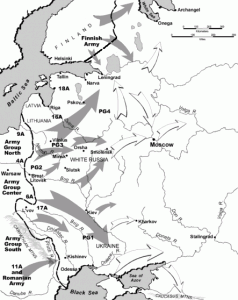Robert, I had lunch with an old friend, Herb REDACTED, a retired intelligence officer and military judge (Air Force). The subject of OSS and your role in the IC came about, and my friend sent me a very interesting, brief, story about the open source back channel in the Cuban Missile Crisis I want to share with you. You may well be aware of this, given your knowledge of history, but I wanted you to have this in case it, or my friend Herb, has potential utility to your initiatives. Perhaps the current environment, in DC, will result in a change in policy and effectiveness in the IC. In his note to me, he is commenting about the paper I presented at OSS '94, as a result of your gracious invite. I still tell people about the role you have played in bringing the intelligence community into the limelight, open source into greater adaptation. – REDACTED
Great to visit with you in Tampa-
Your OSS presentation is not simply impressive, it recognizes and highlights a very real and valuable component of intelligence currently as well as in those long distance days when I was immersed in the discipline. It was an open intelligence source that was the first indication that the Cuban Missile Crisis of October 1962 was resolved.
It's a rather long story but to offer a brief synopsis: A Reuters News Service correspondent posted to The Kremlin was close to Khrushchev (Big K), close enough to be the only correspondent to gain a private audience during the crisis. On Oct. 27th (I think it was) Big K. told the Reuters' fellow that: “I will do anything to prevent the world's destruction over Cuba.” The reporter then asked incredulously: “Mr. President, do you really mean ‘anything?” The reply was: “Yes, I will not be the cause of the death of millions of Soviet citizens and radiating the world.”
In the USAFE Command Room in Wiesbaden, we intelligence wennies had every news service and major newspaper teletype machine known to mankind for open source material. Apparently the reported took a fast cab ride back to his office and put the conversation on the wire. We had a method of verification, used it and confirmed the fact that he had placed the story on the wire. Presuming it accuracy, we passed it on the Situation Room at the White House. In mere moments we (in the intel. Secure office) received a secure red phone (secure with those punched IBM cards) call from the WH (MacGeorge Bundy on the other end) asking me (since I picked up the phone) was the wire story accurate. I answered yes and handed the phone to Brig. General Julius Gibbons ( CoS for Intel. USAFE) and he spoke to RFK.
Within minutes the deal between JFK and Big K made in Washington was announced. But they knew the deal was to get closed by the USAFE report a few minutes earlier. And don't overlook the excellent ploy hatched by RFK to ignore Big K's second letter that he was forced to write by his military goons.
The play-by-play version is suitable for a beer or two, it's a little longer.
Thus, your open source presentation was well appreciated as an old intel wennie.
Continue reading “Journal: Open Source Vignette From Cuban Missile Crisis”








